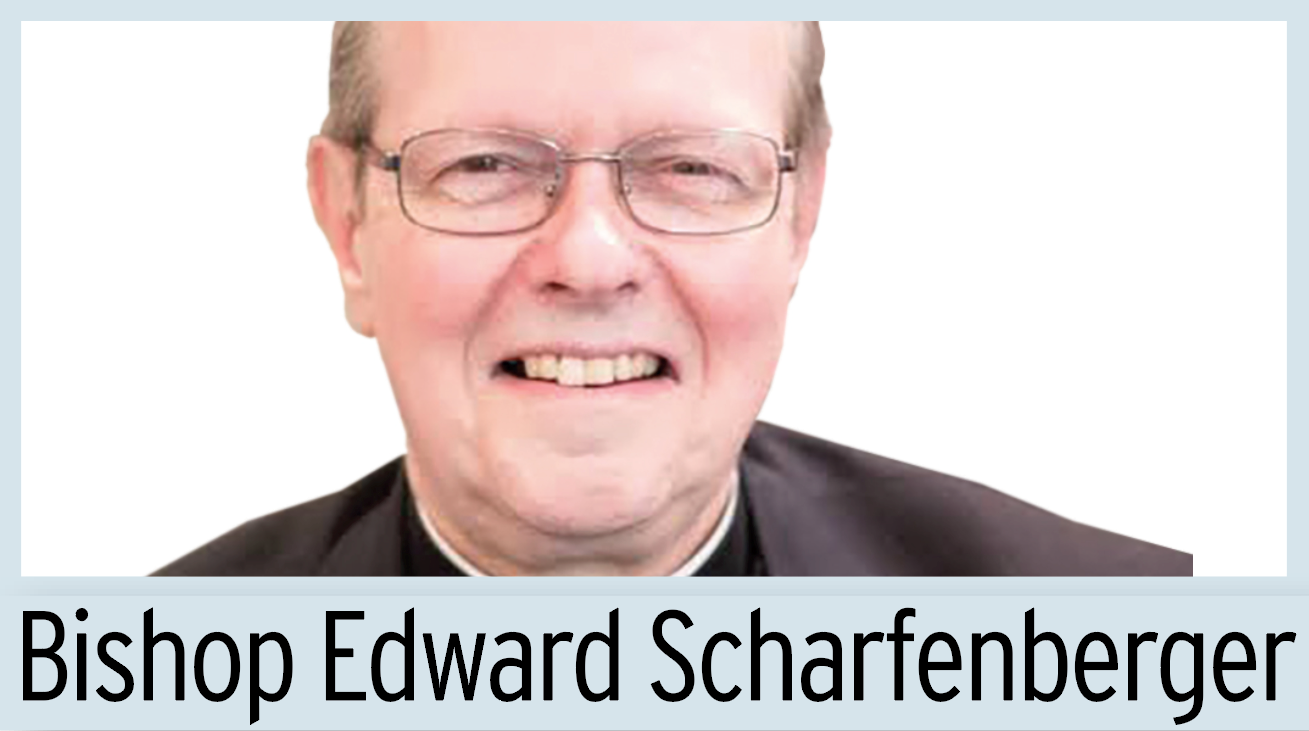 Perhaps no component of our baptismal mission is more important or urgent today than our duty to help young people discern their vocation in life. I’m talking about something more than a job or occupation: a calling.
Perhaps no component of our baptismal mission is more important or urgent today than our duty to help young people discern their vocation in life. I’m talking about something more than a job or occupation: a calling.
What we feel called toward depends upon what we value. Is it money? Let’s face it, worrying about having enough of it is what drives most people to work and some, sadly, to desperation. I’ve heard someone say, “I am working because my spouse loves money.” I’m inclined to suggest that it’s not the money that’s loved but the security and control it represents.
Money implies power, options and sometimes influence, but how many examples from history and personal experience do we need to teach us that money alone cannot buy happiness, friendship or stability? The more we have, the more we worry about losing.
So, if money is not the prime goal, then how can we help our children (or grandchild or godchild) find their callings?
Asking them is something like asking children what they would like to eat for dinner. Chances are they’ll demand something they like, rather than what they need. A true friend – as any parent should be – wants to lead their children to what is best for them, what will bring them to holiness, the state of existence that we aspire to in heaven. Godliness, in other words.
A call for each of us
The Scriptures reveal the most fundamental truth about our humanity: that we are all made in the image and likeness of God and that God wants each and every one of us – without exception – to be saved, to be holy and to enjoy an eternity with God in heaven.
Toward this end, God has a call for each and every one of us – again, without exception – to follow a path in this world whose end is to “know, love, and serve God.” But we must mindfully discern that call.
What I know from personal experience is that every human vocation is a call from God. A true vocation is never just a wish or a choice of an individual to “be ordained” or to “get married” or to enter a profession or trade. It is a call from a source outside of oneself, outside of one’s own ego or desire.
It was only when I became convicted that my call to the priesthood was from God – and had little to do with my own particular competence, skills or desires – that I was able to take this impossible step forward and aspire to a life of complete trust in God that would include the sacrifice of my right to choose marriage and family or a more lucrative professional career.
Earlier in my life, I had thought to become a commercial pilot. In the course of my priesthood, I was admitted to the bar of the states of New York and Connecticut. These are not trophies I display. Though I am proud to be so affirmed, they have nothing to do with my ultimate goals or the reasons that I believe I am alive.
Mind you, I know many men and women in the legal and other professions who I am convinced are practicing as true ministers of God precisely through their service. Many of them also have raised children and formed them in the faith with love and great sacrifice. God knows their love and service is something they offer daily as a prayer and fulfill not only a means to earn a living but of giving themselves fully to God and God’s people.
They are following God’s call.
Hearing the voice of God
For Christians, all that we do and become is oriented toward recognizing and responding to the calling that God has planned for each of us in this world. It is not about collecting merits for what we do or achieve; it’s about our commitment to hear the voice of God in our lives and to follow it.
This is exactly what the Christian faithful must seek to do as an essential part of their baptismal mission – to follow their own call while assisting others, particularly our young people, in discerning how and to what God is calling them.
Let us do all we can to build teams in our parishes, and on our campuses, who will work together to pray for, promote and accompany our young people as they seek to hear the voice of God and to follow that calling in their hearts.
Bishop Edward Scharfenberger is the 10th bishop of the Diocese of Albany, New York.


